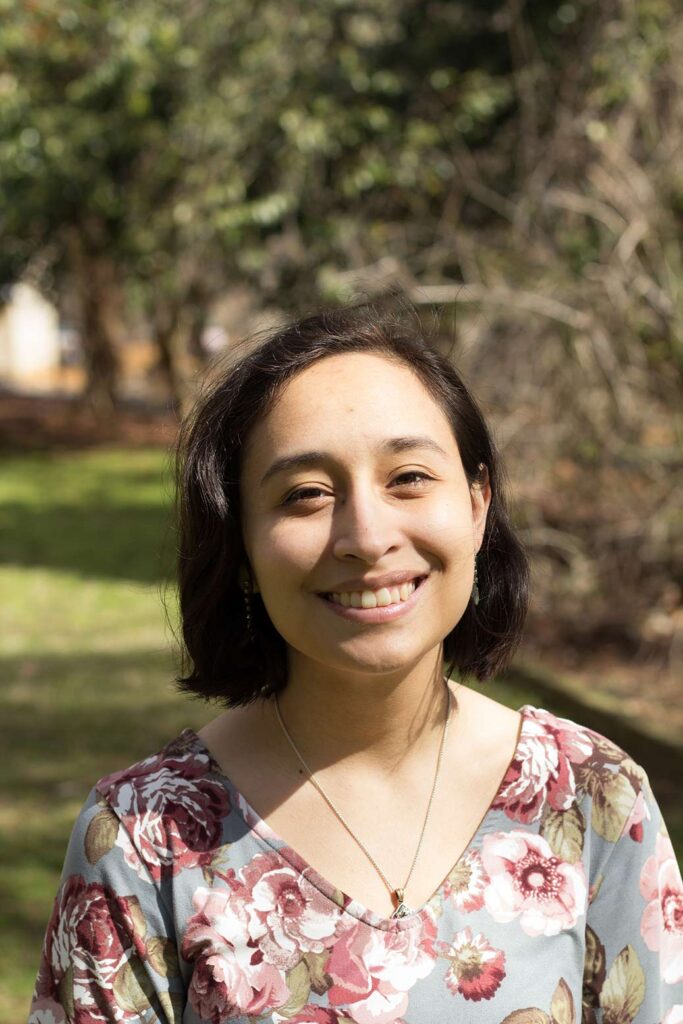Third-year UNC medical student Ben Kaplan studies ‘complex care patients,’ or those who repeatedly seek medical care and embody the revolving door effect in the American healthcare system. Kaplan pointed out in his talk on April 25th that these expensive patients, also known as ‘super utilizers’ or ‘hot-spotters,’ have “slipped through the cracks of our healthcare system,” and we don’t really know why.
Drawing from Atul Gawande’s work, Kaplan argued that in order to gain a better understanding of these complex care patients, a dialogue must be initiated with them that captures the details more conventional data collection has missed. Therefore, Kaplan posed the question: How does one study the subjective?
Kaplan searches for the stories instead of the statistics that these patients have to offer by utilizing the Photovoice technique. This technique involves simply handing a complex care patient a digital camera and asking them to photograph what makes it easier or more difficult for them to be healthy. Patients then come back at a later date to present and discuss the pictures they think are most important.
For the majority of the talk, Kaplan would present us with one of these images taken by a patient and then encourage discussion. After we had discussed our thoughts on an image, Kaplan would read excerpts from the patient’s own description of that image. It quickly became apparent how effective each image was in depicting a patient’s obstacles in receiving care and their struggles as they attempt to be healthy. The patient descriptions that followed were even more provocative and informative as they added more layers of meaning to the overall story that was being told about that patient. One image revealed a plethora of full pill bottles all lined up with a caption expressing that this was how that patient started their mornings. Another image depicted a series of small hospital lockers with locks hanging on chains. This image was followed by a powerful description about how the patient had just come out of an MRI scan where he was told that he would need to start taking pain pills. The patient continues to describe how he won’t be taking those prescribed pills because he has had problems with addiction in the past. He concludes with, “I know me.” It almost seemed silly how simple it was to better understand a complex care patient: ask them, and they will tell you. Notably, there wasn’t a single image or caption that portrayed any degree of ease in these patients’ pursuit of healthiness.
Towards the end of the talk, Ben described what he intends to do with this collection of “photodata” and the patient advocacy that inherently came along with it. Questions were raised about the ethics of a potential oversimplification of these patient’s experiences if Kaplan were to develop a model from the data. Kaplan also mentioned how the data basically speak for themselves and could be presented as a gallery display in the UNC hospital lobby with adequate accreditation given to the patients who participated in the study. Maybe it could be made into a book and patients given joint authorship. Regardless, Kaplan is currently working on getting all of the patients he interviewed to participate in a group session where they could further discuss their healthcare stories together. I can only imagine the rich discourse such an event would create considering all that was gleaned by a few images and their captions alone.
Kaplan showed us the power of giving a complex care patient the opportunity to express and narrate themselves through photography. With his study, he reveals that initiatives to improve our current healthcare system could be greatly informed by a dialogue with those whom that system is failing.
Content from slide in picture:
Preliminary Results: Photographs
“This is the day that I went to get the MRI for my back. I felt like I was in prison, because of all those lockers and the locks. I found out that day that I had a ruptured disk but no need for surgery. They’re going to send me to pain management. And I’ll tell you now. I’m not going to take any pain meds. Because I’m an addict, recovering since ’93. And I know me.”
___________________________________________



